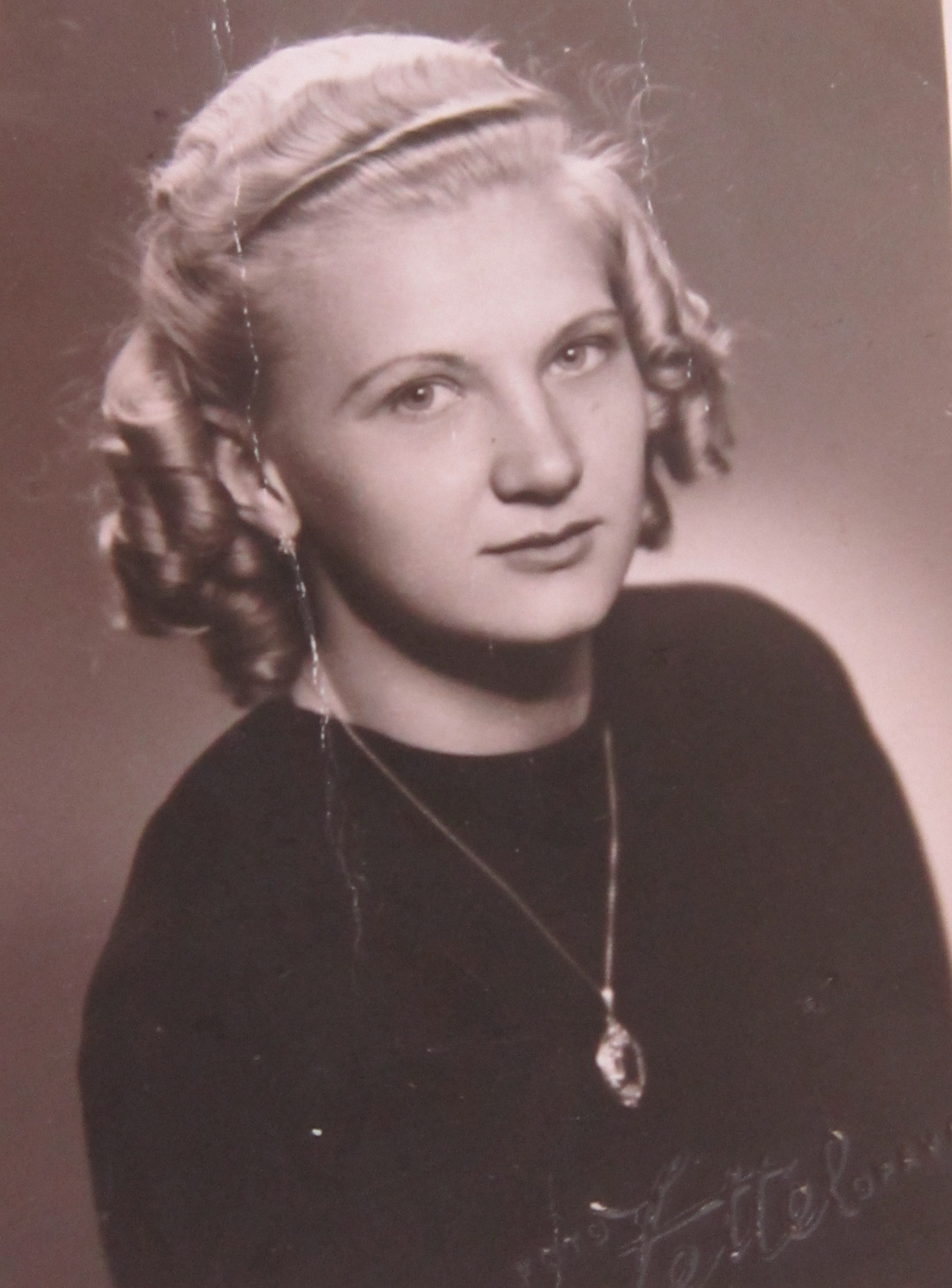I was twenty three and I was desperate, I didn’t know what to do

Stáhnout obrázek
Štěpánka Kaliková, nee Chalupová, was born in 1921 in a village called Milostovice, which is now a part of Opava. She spent the war at a house at Lhotská in the woods around Horní Bečva in the middle of the Beskydy mountains. After 1944, the neighbouring woods became shelter for partisan fighters of the Jan Žižka brigade who often visited the house at Lhotská. Her husband was arrested for helping the partisans and later executed. She was left alone with a two year old daughter and spent the rest of the war in fear, especially when each of the neighbouring families (Tkáč, Myslikovjan and Polách) lost at least one member by being arrested by the Gestapo or killed by the bandits. After the war Štěpánka Kaliková left the house and never came back. She lived in Opava where she worked in Minerva. Today, she lives in the house where she was born in Milostovice.










